The Samsung HMX-QF30 is ostensibly an updated version of the HMX-QF20, but little seems to have changed. The HMX-QF30 has a 1/4in sensor, just like the HMX-QF20, as well as a 20x optical zoom and 40x digital zoom. It also has a maximum pixel count of 5.1 megapixels and an effective pixel count of 1.75 megapixels. Both camcorders also have a built-in Wi-Fi adaptor, although the HMX-QF30 can do more with it.
The HMX-QF20 allowed you to upload your videos and photos to social networking sites such as Facebook and YouTube, but the HMX-QF30 lets you transfer videos to your mobile and broadcast live on the internet with the Ustream web service.
Physically, the HMX-QF30 is as long as a typical compact camcorder, but it’s not very high. This, combined with the thin, unpadded handstrap, makes it uncomfortable to hold and use. Having all the major buttons on the back, such as record and zoom, exacerbates the problem, because you must use your thumb to control them rather than your index finger. This can cause you to nudge the QF30, adding judder to your videos and slightly altering the angle. This might not be a problem if you have small hands, but we think most adults would find it uncomfortable.
TOUCHSCREEN
The HMX-QF30 has a 2.7in colour touchscreen monitor, which is bright, clear and colourful. Its 230,000-pixel is a little, and although icons do look low-res, they’re also colourful and convey their purpose well.
Even though it’s a relatively small screen, the icons are sensibly arranged along the left- and right-hand sides of the screen, with recording time displayed along the top of the monitor. This leaves much of the display clear to view your scene, and you can remove the icons with a simple tap of the screen.
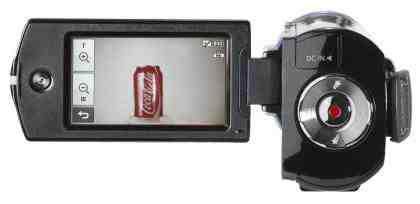
Sadly, we found the touchscreen difficult to use and often unresponsive. It sometimes wouldn’t recognise our swipes, for example, and it would often prove nigh on impossible to traverse a menu because it interpreted our swipe as a selection, taking us into another menu. We found this infuriating.
IMAGE QUALITY
The HMX-QF30 records videos in the MP4 format. This keeps file sizes low, but it also introduces quite a few compression artefacts. The HMX-QF30 can record at a resolution of 1,920x1,080 and a frame rate of 50fps interlaced. At this setting, the bitrate is a fairly low 15.5Kbit/s. Other than Full HD, you can also shoot in “web quality” and 1,920x720 at 50fps progressive.
There’s more mosquito noise than we expected to see in our outdoor footage, as well as the effects of compression such as blocky detailing and jagged edges. There was also quite a bit of chroma noise around certain objects.
We noticed a lack of detail, with some surfaces appearing washed out. We could see the mortar between the bricks of a wall at a distance of 10 metres, for instance, but it looked a little indistinct, with no texture detail or staining on the bricks. Certain surfaces looked a little washed out, too. The detail became more noticeable when we zoomed in on the wall, but the effects of compression were still evident. Often, the automatic focus had slight trouble focusing, and would noticeably pulsate in and out of focus ever so slightly.
The Canon Legria HF R48 isn’t perfect in this respect, but its footage does look sharper, and although there are some compression artefacts, they’re a lot less noticeable.
Even so, we think the footage is acceptable for a camcorder at this price, and it reproduced colour pretty well. It performed similarly in our studio footage, although the chroma and mosquito noise was more evident in this darker environment.
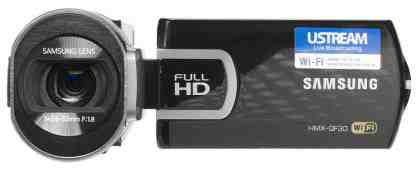
LOOK MUM, NO WIRES
There are two ways of using the HMX-QF30’s built-in Wi-Fi adaptor. One is to connect your smartphone to the camcorder directly in order to transfer photos or you can connect it to your router in order to upload photos and videos to social networking sites.
You can also use the the Samsung MobileLink app with it, which is available from the App Store and Google Play, and is used to transfer videos to your smartphone or tablet. Transferring photos is as easy as selecting them on the camcorder, then your phone and then clicking a button. Transfers were fairly slow, but the app is slick and simple.
As with the HMX-QF20, you can upload directly to Facebook, Picasa and YouTube. You must connect to a router in order to do this, which can be tricky, as you can easily ‘mistype’ the network password thanks to the touchscreen’s small keyboard and lag.
The HMX-QF30 has no connections other than A/V and Mini HDMI outputs and a Mini USB output, not even a headphone output. Considering the price of the HMX-QF30, this isn’t such a bad omission, and many users won’t notice the lack of ports.
If you already have the HMX-QF20, the HMX-QF30 probably isn’t worth the upgrade, but if you simply want a cheap Wi-Fi-enabled camcorder it could be a good buy, especially if you’re shooting quick footage for the web. There’s a lot of compression and noise, and the more expensive Canon Legria HF R48 provides better video quality and a better user interface. If you can spend more on the Canon Legria HF R48 , you should do so.
Basic Specifications | |
|---|---|
| Rating | **** |
Recording | |
| Optical zoom | 20.0x |
| Digital zoom | 40x |
| Sensor | 1/4in CMOS |
| Sensor pixels | 1,750,000 |
| Widescreen mode | native |
| LCD screen size | 2.7in |
| Viewfinder type | colour touchscreen |
| Video lamp | No |
| Video recording format | MPEG4 |
| Video recording media | SD/SDHC/SDXC |
| Sound | AAC stereo |
| Video resolutions | PAL, 1,920x1,080/1,920x720 |
| Maximum image resolution | 3,072x1,728 |
| Memory slot | SD |
| Mermory supplied | none |
| Flash | no |
Physical | |
| Digital inputs/outputs | Mini HDMI, Mini USB, A/V |
| Analogue inputs/outputs | none |
| Other connections | charge jack |
| Battery type | Li-ion |
| Battery life | 2h 9m |
| Battery charging position | camcorder |
| Size | 53x43x119 |
| Weight | 180.0kg |
Buying Information | |
| Warranty | one year RTB |
| Price | £250 |
| Supplier | http://www.pixmania.co.uk |
| Details | www.samsung.co.uk |

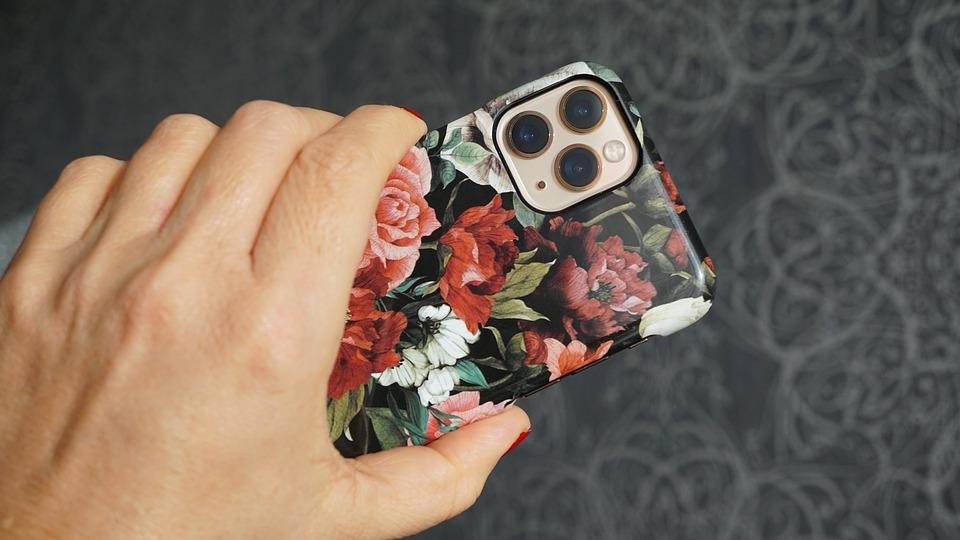
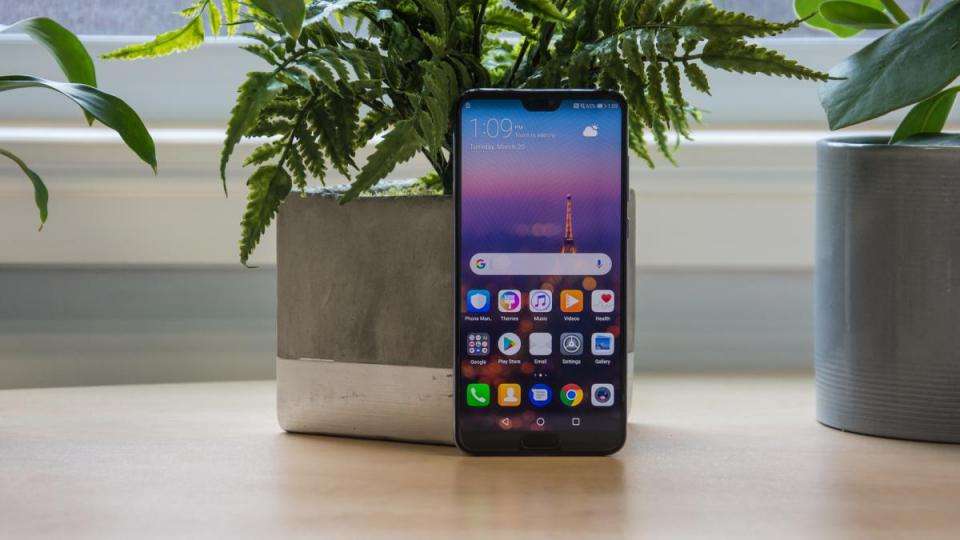
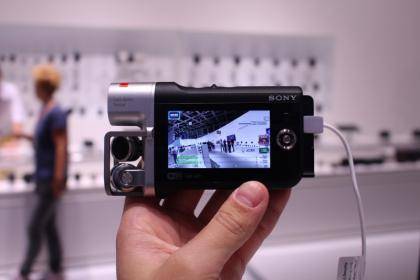
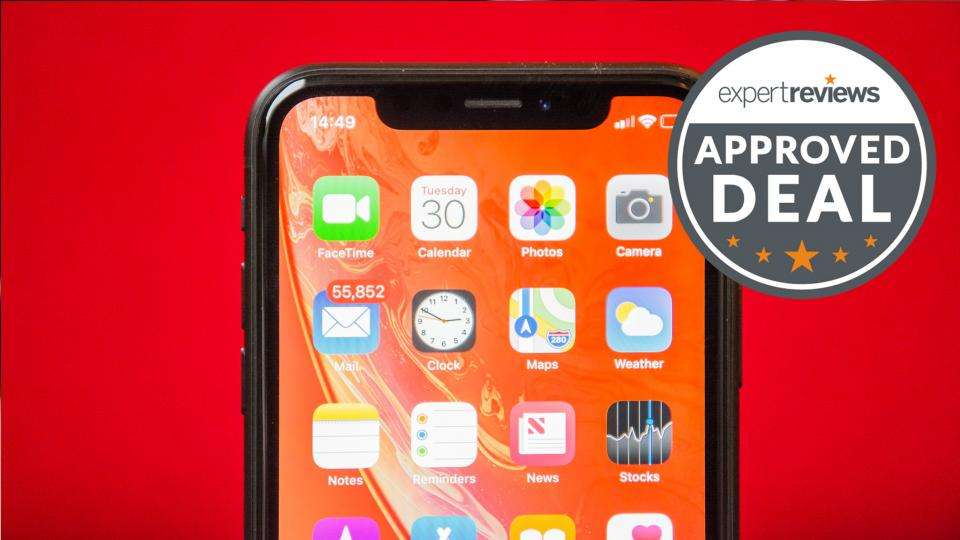
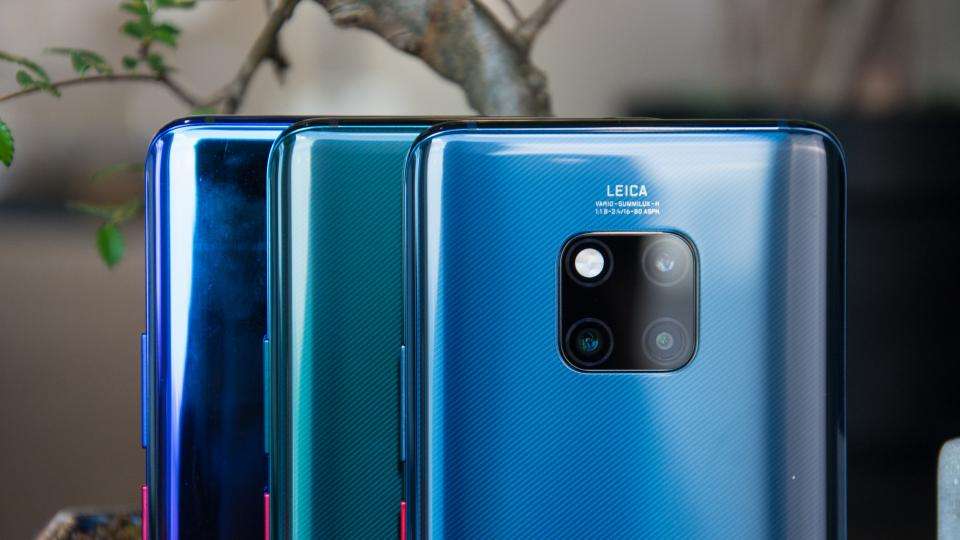
Leave a Reply